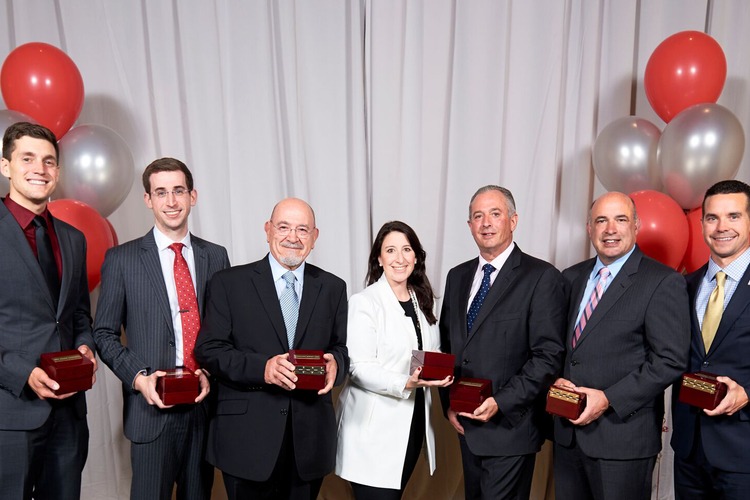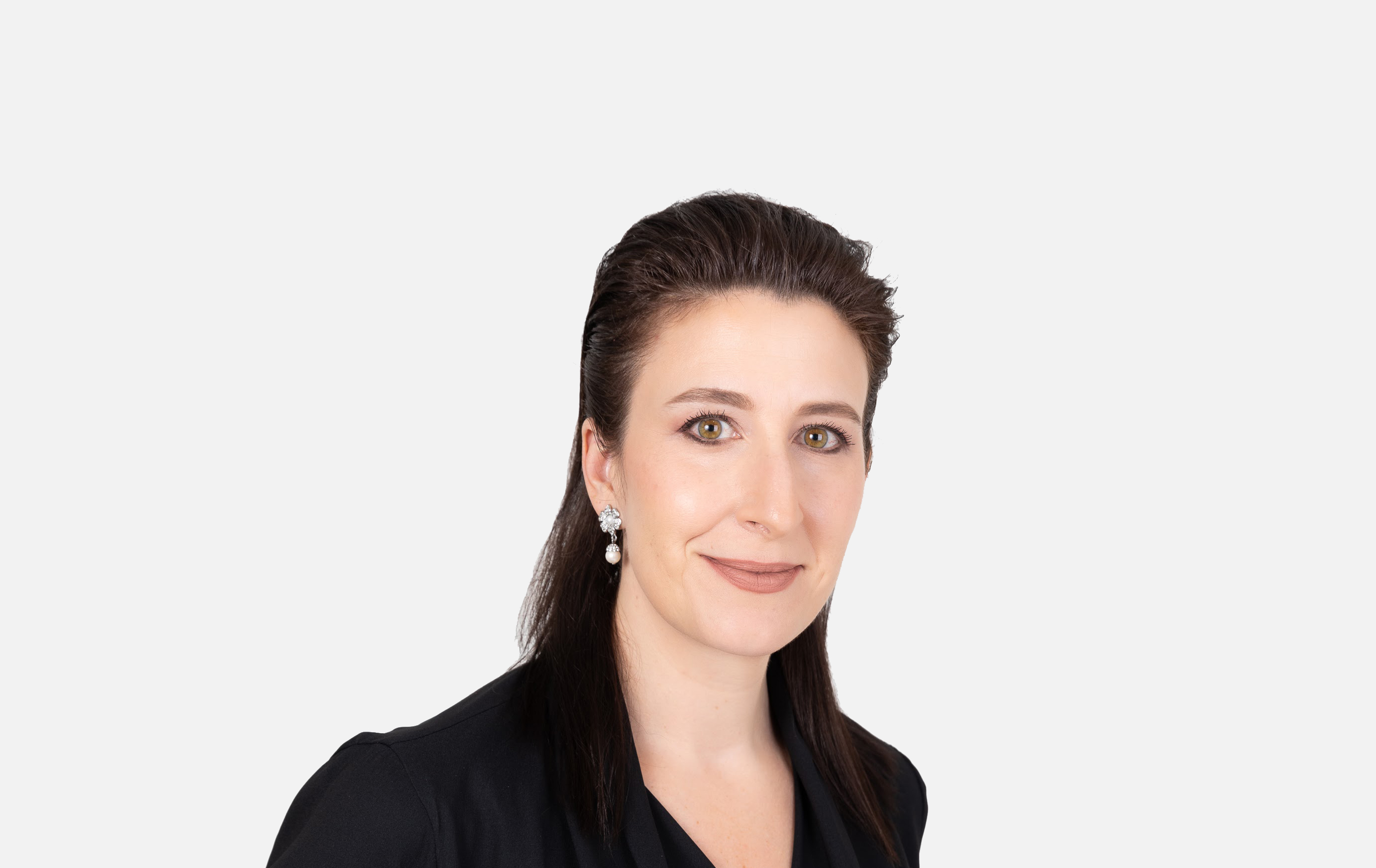Preparing for Disasters, Before It’s Too Late
-
-
Slice of MIT
Filed Under
All too often in global disaster resiliency programming, Elizabeth Petheo MBA ’14 observes, the work happens when disaster has already struck—after a hurricane, earthquake, or tsunami has ravaged entire cities and torn communities apart. In the last couple of years, though, much of her work has been focused on planning, she says, “the investment of systems, structures, and organizations to help build that upstream preparedness. It is about building better before not just building back better.”
“With competing priorities, it’s always hard to get attention and urgency around preparedness,” explains Petheo, regional representative (Asia-Pacific) and principal at Miyamoto International, a multi-hazard engineering and disaster risk reduction consulting firm. “You can always get a lot of attention when there’s a disaster event, but at that point, it’s too late.”
This is a unique moment where there is renewed attention on how we can better support a resilience mindset and action in planning, in preparedness, in response, in recovery and reconstruction.
One reason for this increased public and private sector attention to resilience planning and risk management, she believes, is the Covid-19 crisis. “The experience of living through such a major global event has opened up the conversation around disaster resilience and disaster preparedness in a way that it hadn’t before. I’m seeing the appetite for having that conversation because we’re living in an environment of high ambiguity and high uncertainty. This is a unique moment where there is renewed attention on how we can better support a resilience mindset and action in planning, in preparedness, in response, in recovery and reconstruction.”
To understand what preparedness looks like, Petheo explains some of the work she is doing in the Asia Pacific with the United States Agency for International Development.
“We’re doing programming on the engagement of private sector in disaster risk management in Indonesia, which is a very disaster-prone country. Smaller and medium-sized businesses are important contributors to job creation and economic development. When they go down, the impact on lives, livelihoods and on the community’s ability to respond and recover effectively is extreme. We work to strengthen their own understanding of their risk and that of their surrounding community. We also lead them through an action-planning process to build resilience and link that work with some of the larger policy initiatives that are ongoing at the national level.”
In her role, Petheo has strategic and leadership oversight in the development and implementation of projects and partnerships in the Asia-Pacific region and advises the firm globally on international development and humanitarian assistance matters, capturing the largest international development project in its history, and making the international development and humanitarian assistance portfolio the fastest growing practice area across the firm.
Although Petheo came to MIT with international leadership experience—having managed high-profile global development and risk mitigation initiatives at the World Bank in Washington, DC, as well as with US government agencies and international organizations leading major global disaster responses and teams in Sri Lanka and Haiti—her time at Sloan helped her become prepared for this next phase in her career in a way that she couldn’t have imagined. “Sloan was the experience that put all the pieces together,” she says, “allowing me to weave my love of international development with the many tools and data-driven approaches of management, including global strategy and operations and systems dynamics.”
Petheo has maintained a strong connection with the MIT community since graduating. She is a distinguished recipient of the 2018 Margaret L. A. MacVicar ’65, ScD ’67 Award, in recognition of her help starting and subsequent involvement with the MIT Sloan Club in Washington, DC, and as an inaugural member of the Graduate Alumni Council (GAC). She is also a member of the Friends of the MIT PKG Center, the Institute’s preeminent engagement opportunity for those who believe that public service should be an essential part of an MIT education.
“I believe deeply in the power and impact of the Institute’s work and people. And like with anything that we do, it’s up to us to continue to build it for the future. MIT gave me so much: my time on campus, the student experience, the faculty experience. It’s impossible for me to describe what that has meant to my life. The moment I graduated, my thought process was, ‘How can I give back, and how can I continue to strengthen the experience of those who will come after me?’”
Want to hear more about Petheo? Register for the upcoming event Leading Through Crisis: Women in Leadership and Covid-19 to hear from her and her Class of 2014 Sloan classmates about how they applied what they learned at MIT to lead during the biggest crisis of our time.

Elizabeth Petheo center receiving the Margaret L. A. MacVicar ’65, ScD ’67 Award in 2018









